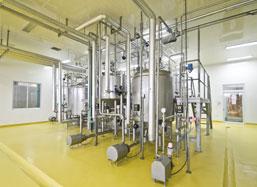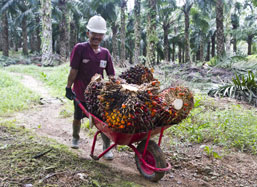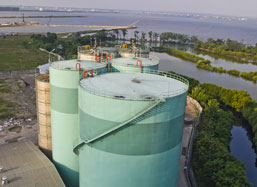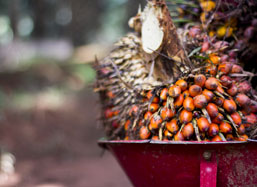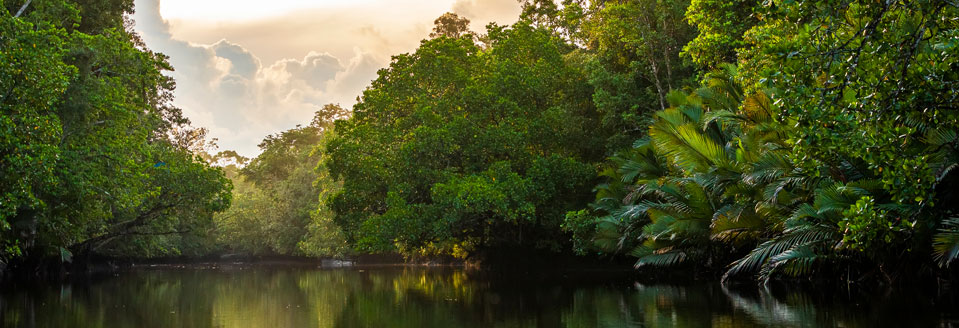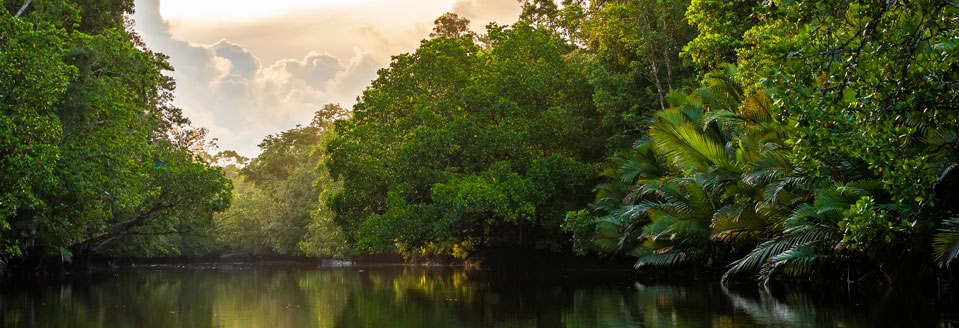- No deforestation on HCV, HCS, and Protected Forest
- Reduction of GHG within overall activities
- No burning - RSPO P&C article 5.5
- No new development on peat land
- Restoration of peat land, together with communities
- Sustainable management practices on existing peat land
- Routinely inform & train all stakeholders on environmental issues.
- Minimise waste through evaluating operational activities.
- Support programs for the development of biodiversity
GHG Emissions:
Concerns over GHG (Greenhouse gases) have been increasing throughout recent decades.
- Annually, 1.8 billion tons of GHG emissions are released through degradation and burning of Indonesia’s peat lands
- For every 0.1% of land burned, 4% of global GHG emissions are released into the atmosphere
We believe in responsible palm oil production which, addresses stakeholder concerns. We are actively pursuing RSPO (RoundTable of Sustainable Palm Oil) and ISPO (Indonesian sustainable Palm Oil) standards, to have a positive impact within our industry.
HCV (High Conservation Value) identification has been implemented into our plantation groups, as we understand HCV identification is paramount in fulfilling sustainable palm oil standards. We are committed to:
- No development of HCS (High Carbon Stock) forests
- HCV areas and peat lands
- Zero burning
- The reduction of GHG emissions and improving waste management.
To achieve the above, some of our actions consist of:
- Advertisements illustrating the needed protection for species of flora and fauna, and their habitats
- Monitoring the presence of flora and fauna species and types of habitats within the area
- Monitoring conditions of habitat development through plantation analysis.
- Conducting rehabilitation through natural plantations on areas of damaged habitat
- Identifying erosion prone areas
- Conservation efforts
HCS forest and Peatlands:
HCS (High Carbon Stock) forest and peatlands are major carbon sinks and are beneficial to a healthy and balanced ecosystem. Carbon sinks store high volumes of atmospheric carbon, and developing on these lands will result in considerable volumes of carbon to be released into the atmosphere, further influencing climatic change.
Furthermore, peatland is ineffective for the production of palm oil because of its composition. Our aim is to prevent new development on peatlands and ensure we provide the best management to these areas.




